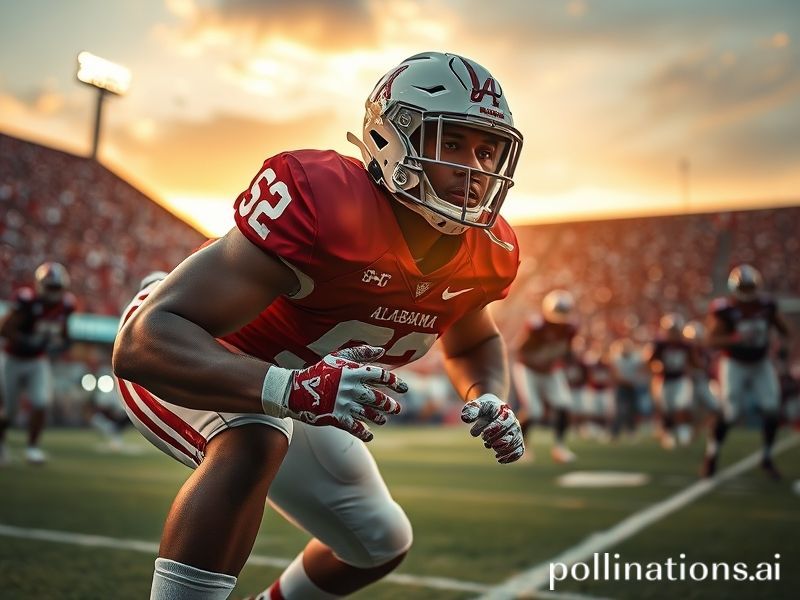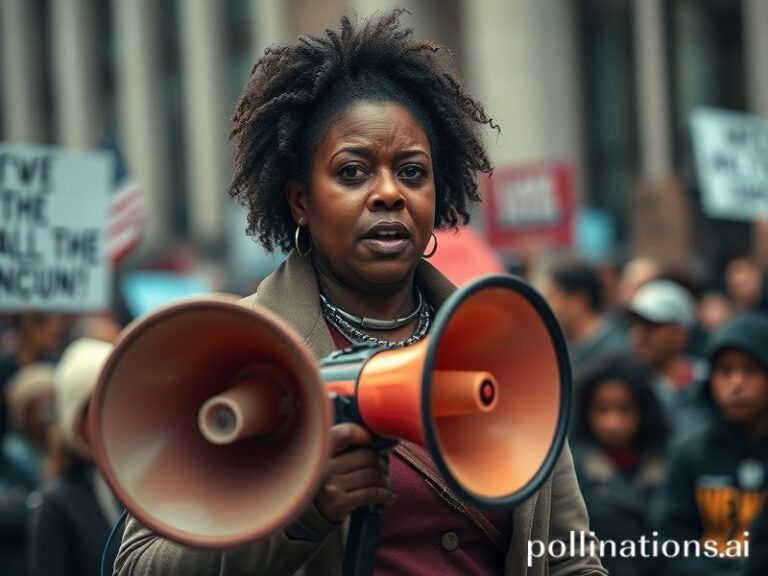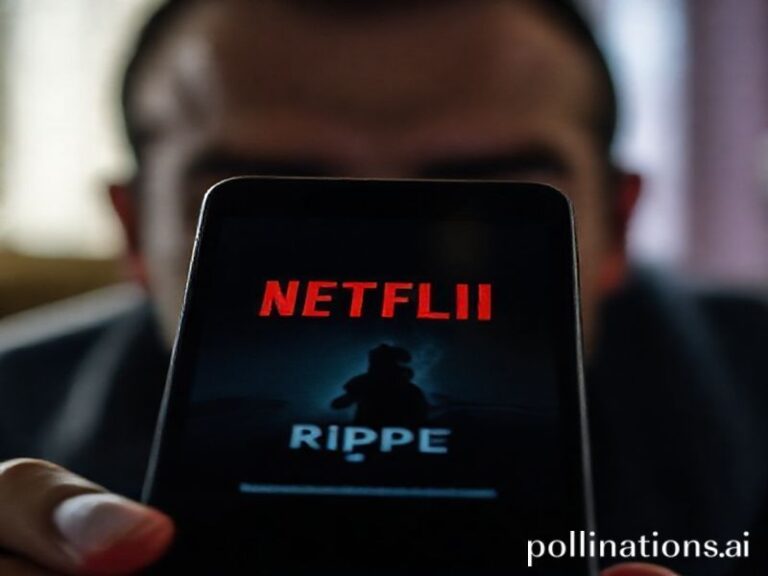Tyler Booker: How an 18-Year-Old Lineman Became the Latest Global Commodity in College Football’s Dark Economy
Tyler Booker and the Beautiful, Brutal Business of Globalized College Football
By Our Man in the Cheap Seats, Somewhere Over the Atlantic
Somewhere between a Nike sweatshop in Vietnam and a cryptocurrency exchange in Singapore sits Tyler Booker—6-foot-5, 335 pounds, and suddenly the most geopolitically interesting freshman in American sports. On paper he’s just an 18-year-old offensive lineman who committed to Alabama, that crimson-clad finishing school for NFL tax brackets. In practice, he is the latest data point in the great neoliberal parlor game that has turned amateur sport into a cross-border supply chain of muscle, money, and plausible deniability.
Let us be precise: Booker’s significance is not that he can pancake a linebacker—though he can, and with the sort of vindictive grace usually reserved for IMF repayment schedules. His true value lies in how neatly he slots into the global circuitry of branding, broadcast rights, and soft-power projection. Alabama’s games are simulcast from Lagos to Lahore; every pancake block becomes a six-second GIF that sells everything from crypto wallets to protein powder. Booker, still technically “unpaid,” is effectively a tariff-free export.
Consider the numbers. ESPN pays the SEC roughly $300 million a year for the privilege of televising what is essentially unpaid intern labor. In return, Disney repackages those Saturday collisions for audiences in 200 countries, where viewers can watch the carnage while munching on snacks produced by the same conglomerates that sponsor the very helmets doing the damage. Somewhere in that daisy chain, Tyler Booker becomes a human billboard—only the billboard occasionally needs an ice bath and a sociology mid-term.
Meanwhile, the Name-Image-Likeness era has allowed Booker to ink deals with regional car dealerships and an Atlanta-based NIL collective whose name—“Built Different”—sounds like a Bond villain’s hedge fund. The collective, funded by local boosters and at least one suspiciously opaque LLC domiciled in the Cayman Islands, guarantees low six figures for autographs and Zoom calls. It is capitalism’s sweetest hustle: privatize the profit, socialize the orthopedic risk.
Overseas, this arrangement is watched with the same bemused horror Europeans reserve for American healthcare. In Lausanne, IOC bureaucrats sip champagne and mutter that at least their exploitation comes with a closing ceremony. In Qatar, soulless consultants from McKinsey are taking notes on how to replicate the model for the 2034 World Cup—minus the pesky part about having to educate anyone. And in Shanghai, a counterfeit-jersey factory just cranked out its 10,000th knockoff Booker jersey, stitched by workers who have never heard of college football but know precisely how many stitches per yuan management demands.
Back in the United States, sportswriters debate whether Booker might “restore the Tide’s offensive identity,” as if geopolitical balance pivots on a pulling guard. The truth is less romantic: he is a fungible asset whose shelf life expires at roughly 22, after which the NFL will either harvest him or discard him, depending on the integrity of his ACLs. The discarded ones sometimes wash up in the CFL or, worse, as assistant strength coaches in suburban high schools, telling teenagers to “trust the process” while secretly Googling “chronic traumatic encephalopathy symptoms.”
And yet, cynicism has its limits. Watch one clip of Booker stonewalling a blitzing linebacker and you remember why the Romans charged admission at the Colosseum: raw dominance is its own universal language. For three hours every Saturday, the rest of the planet’s miseries—climate collapse, crypto crashes, whatever fresh hell Elon tweeted—fade to background noise. Booker becomes, for a moment, the living embodiment of controlled violence, a human firewall against existential dread. Bread and circuses, yes, but gluten-free and streamed in 4K.
The arc of history is long, but it bends toward merchandising. Tyler Booker will likely never see a dime of that $300 million ESPN haul, yet he will spend the next four years subsidizing Disney’s stock price, the NIL collective’s tax write-offs, and the overseas appetite for sanitized American carnage. Somewhere in the bargain, he might win a championship, tear an MCL, or major in communications. Whatever the outcome, the system will remain undefeated—much like Alabama, and much like the multinational apparatus that has turned a teenager from Connecticut into a global commodity.
When the final whistle blows, the jerseys will be recycled, the highlight reels archived, and the world will move on to the next phenom. But for now, Tyler Booker stands at the intersection of sport, commerce, and the human thirst for spectacle—an offensive lineman holding the line against the void, one sarcastic pancake at a time.







